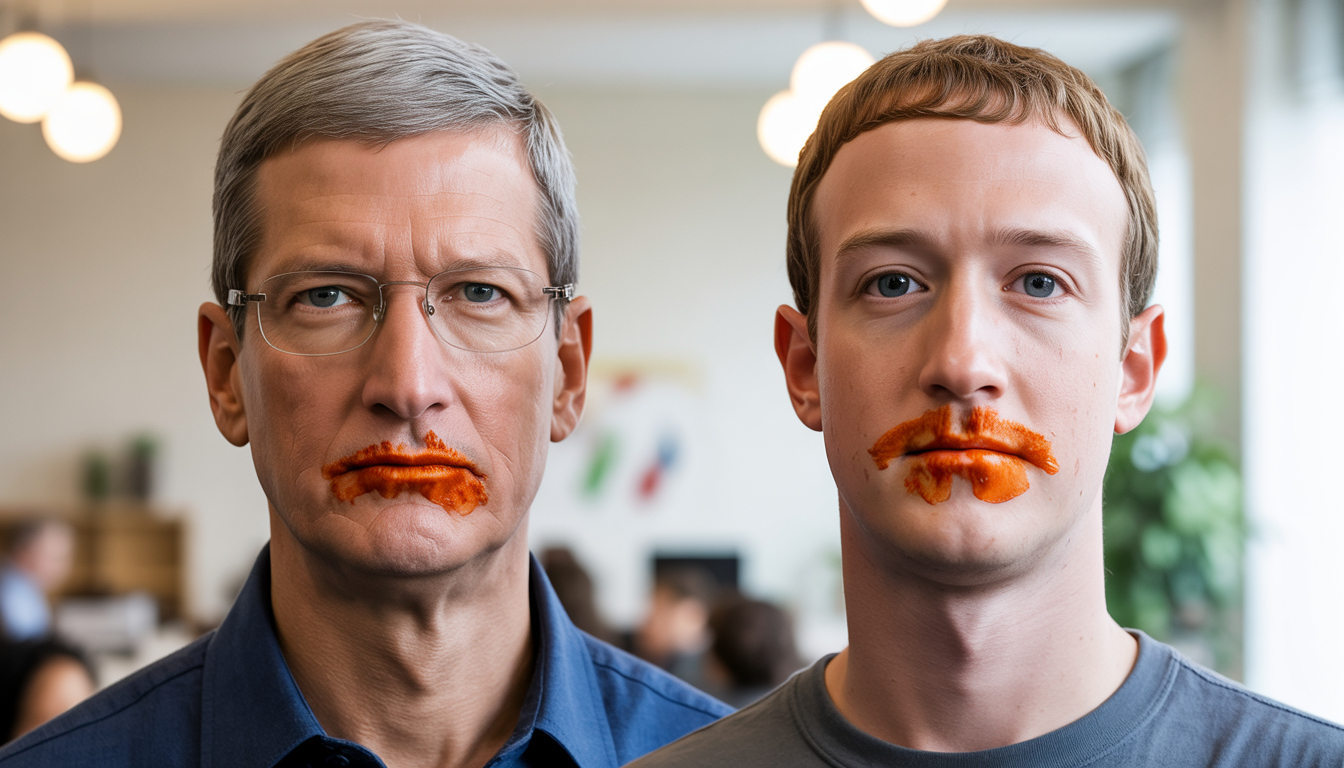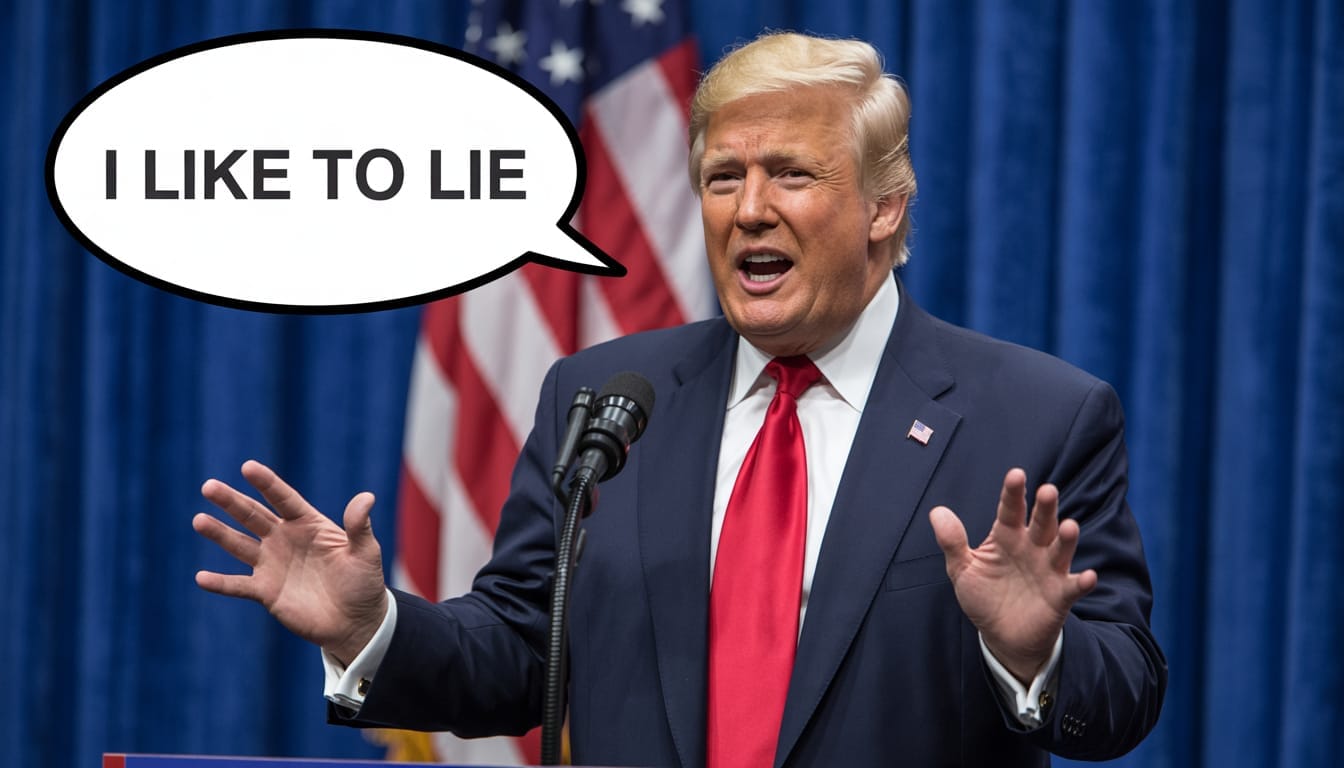In a stunning demonstration of corporate commitment to American economic growth, Meta CEO Mark Zuckerberg and Apple CEO Tim Cook pledged a combined Zuckerberg and Cook $600 billion US investment in the United States during a high-profile White House dinner hosted by former President Donald Trump. This sweeping commitment, if fully realized, would mark one of the largest technology-driven financial investments in U.S. history, signaling a renewed drive for innovation, infrastructure, and job creation.
Tech Titans Align with U.S. Economic Expansion
During the private dinner at the White House, Trump praised the tech leaders for their long-term vision and willingness to channel unprecedented resources into domestic projects. Both Zuckerberg and Cook emphasized that their companies had a responsibility to strengthen America’s position as the global leader in technology innovation.
The focus of the Zuckerberg and Cook $600 billion US investment reportedly spans from artificial intelligence development and semiconductor manufacturing to green energy projects and nationwide digital infrastructure upgrades. Apple, under Tim Cook’s leadership, highlighted its expanding supply chain partnerships across the United States. Meanwhile, Zuckerberg pointed to Meta’s massive AI research investments and its plans to build next-generation data centers and digital tools for businesses of all sizes.
What $600 Billion Means for the U.S. Economy
Economists see this unprecedented investment as a potential catalyst for millions of new jobs and a significant boost to America’s GDP. The pledge also sends a strong message about domestic tech resilience in the face of global competition, especially from countries like China, which have been aggressively investing in AI, chipmaking, and emerging technologies.
Cook stressed that Apple’s share of the investment would focus on U.S.-based chip manufacturing and renewable energy facilities, ensuring cleaner technology for future generations. Zuckerberg noted that Meta’s capital would largely target artificial intelligence training infrastructure, digital education initiatives, and virtual reality platform expansion.
Political Optics and Business Strategy
The White House dinner was not without political significance. Trump positioned the announcement as evidence of his ability to negotiate commitments from corporate giants to “put America first.” Critics, however, pointed out that while the announcement makes headlines, the actual implementation will depend on congressional support, regulatory clearance, and company strategies over the next decade.
Still, this public promise creates pressure on both tech executives to demonstrate tangible outcomes. From new factories to advanced research hubs, watchers will be measuring not just rhetoric but results.
Industry Reactions: Global Ripples
The tech industry’s reaction has been mixed. Some analysts lauded Zuckerberg and Cook’s bold vision, noting that such a massive investment could strengthen U.S. leadership in artificial intelligence, 5G, and clean energy technologies. Others raised concerns about consolidation of power, as the commitment could further entrench Apple and Meta as central players in the economy, leaving smaller competitors struggling to keep pace.
International markets also paid attention. China and the European Union are closely watching America’s renewed push into strategic technology sectors, fearing a competitive disadvantage if U.S. tech dominance accelerates.
Outlook: A Defining Decade for U.S. Tech
Whether this Zuckerberg and Cook $600 billion US investment sets the stage for a new golden era of American innovation remains to be seen. If even partially realized, the investment would transform the U.S. workforce, bolster supply chain stability, and deliver breakthroughs in AI and renewable technologies.
For now, the announcement underscores a pivotal shift: America’s largest tech leaders are not just private enterprises but key drivers of national economic strategy. Their pledge could redefine how the world views U.S. competitiveness in the technological age.
For readers interested in past industry-shaping pledges by U.S. tech companies, check out our analysis here: Tech Investments in America’s Future. For more details on U.S. tech competitiveness compared to global rivals, visit the Council on Foreign Relations.
Sources

















This feels like the kind of headline you have to read twice just to make sure it’s not satire. If even a fraction of that money actually makes it into real projects and real jobs instead of just PowerPoints and press releases, it could change a lot of people’s lives. Here’s hoping it doesn’t all vanish into stock buybacks and buzzwords.